Liverpool fans, a significant number at least, booed the national anthem at the Carabao Cup final at Wembley yesterday. It wasn’t the first time this has happened – it’s been going on since the 1980s – but it was the first time since the monarch was diagnosed with cancer. This added a certain poignancy to the ‘save’ bit of the anthem, and might have been expected to persuade the Liverpool boo-boys to take the afternoon off. But
Already a subscriber? Log in
Subscribe for just $2 a week
Try a month of The Spectator Australia absolutely free and without commitment. Not only that but – if you choose to continue – you’ll pay just $2 a week for your first year.
- Unlimited access to spectator.com.au and app
- The weekly edition on the Spectator Australia app
- Spectator podcasts and newsletters
- Full access to spectator.co.uk
Or

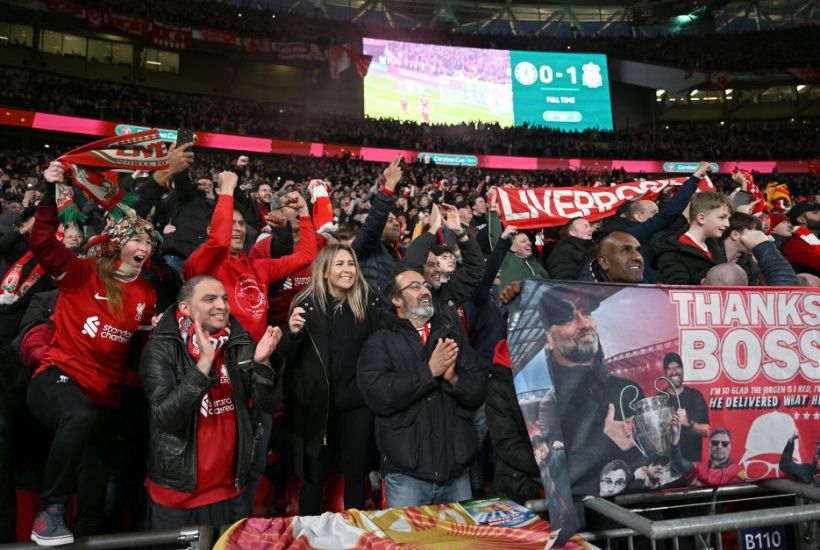


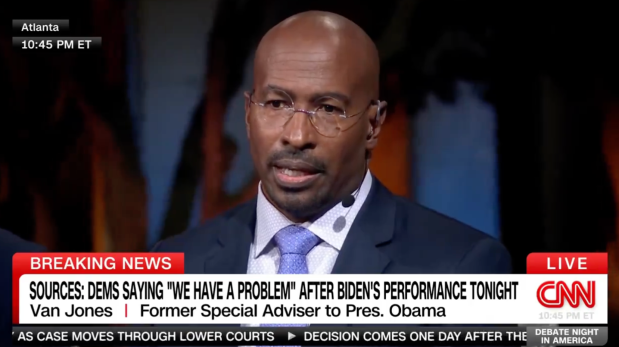
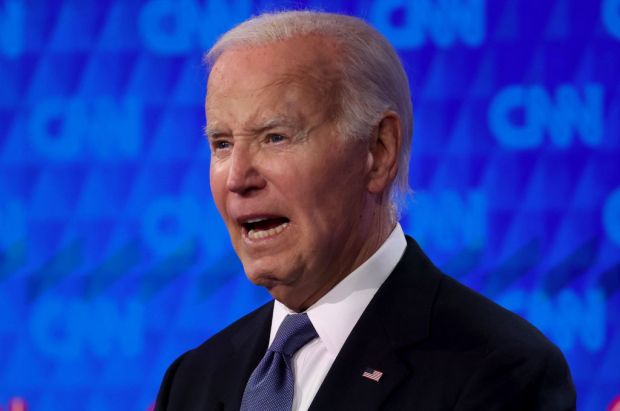
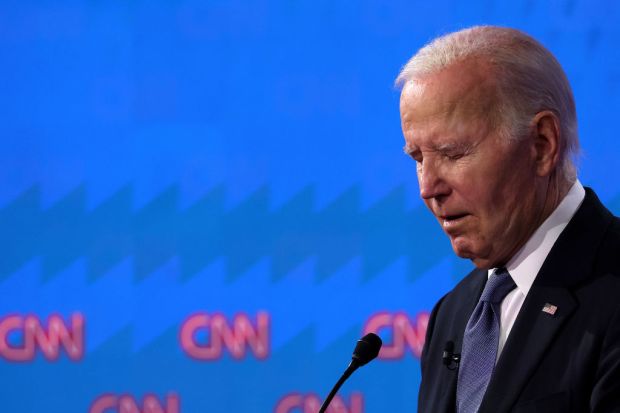
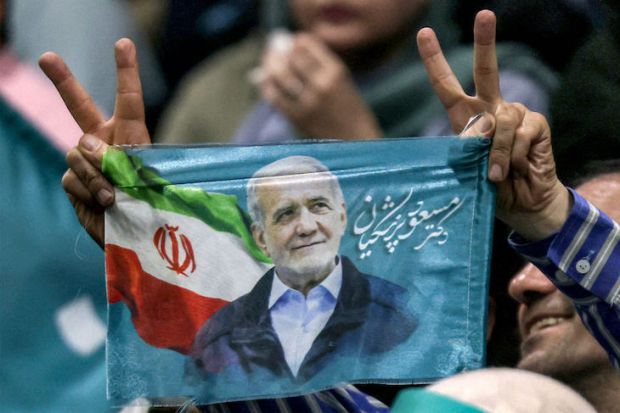












Comments
Don't miss out
Join the conversation with other Spectator Australia readers. Subscribe to leave a comment.
SUBSCRIBEAlready a subscriber? Log in